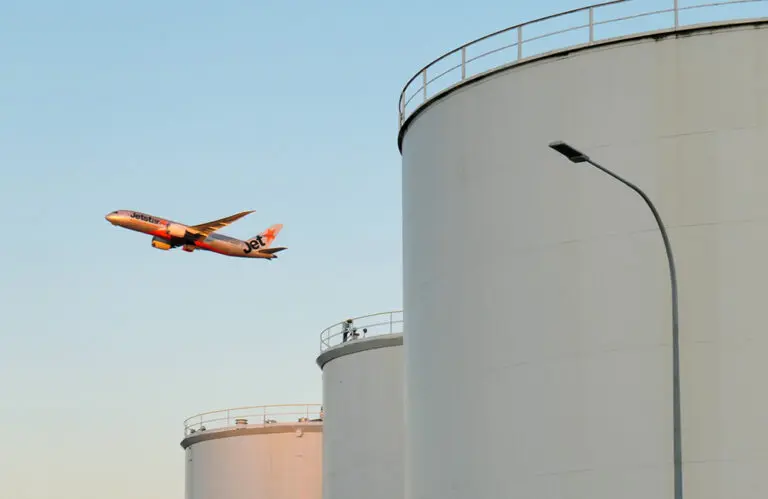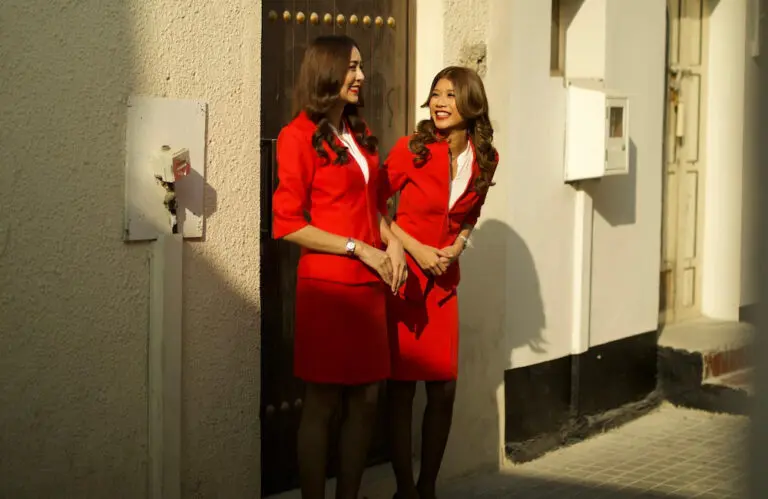Australians no longer require a visa for stays in Chile up to 90 days, making travel to the South American nation a little easier.
The move, which came into effect this week, also gives Chilean and Latin American-bound Australians a little more spending money, with visas previously costing AU$180 per person for stays of more than 72 hours – that equates to more than $700 for a family of four.
Transits and stopovers under three days did not require a visa.
According to the Department of Foreign Affairs and Trade (DFAT), Australians will now be given a “tourist card” at immigration.

“You must keep this card, as it will be requested at departure. If you lose it, you’ll have to request a new one from Immigration, and your departure from Chile may be delayed,” it states on the department’s Smartraveller website.
“When entering Chile, you must complete the online Customs (Aduanas) and Agro-sanitary (SAG) declaration within 48 hours of arrival. Hardcopy declarations can be completed by hand in the paper forms near the luggage collection area.”
Aussies who are unsure whether they need a visa should contact the nearest embassy or consulate in Chile.
Dual citizens returning to Australia must have a valid Chilean passport to exit the country, regardless of which passport they use to enter the South American country.
Travel to Easter Island (Isla de Pascua/Rapa Nui) remains the same, with stays no longer than 30 consecutive days allowed.
Travel company Adventure World has welcomed the news, saying the move does away with a “long-standing barrier” for South American-bound Australians.

“This change in policy opens the door for more Australians to truly experience Chile,” Adventure World’s Latin America Product Manager Ana Salazar said.
“With the Atacama Desert, Patagonia’s wild beauty, world-class wines, and generous culture, Chile has so much to offer.
“Easier entry means more Australians can embrace it – and Chile’s communities stand to benefit from the connections and stories that will follow.”
According to Adventure World, visitors will now receive a free passport stamp on arrival.
Visa fees paid before the change remain unaffected, as the update isn’t retrospective.
DFAT recommends Australians to “exercise a high degree of caution in Chile due to the risk of civil unrest and the threat of violent crime”. This is the second-lowest travel alert level.








